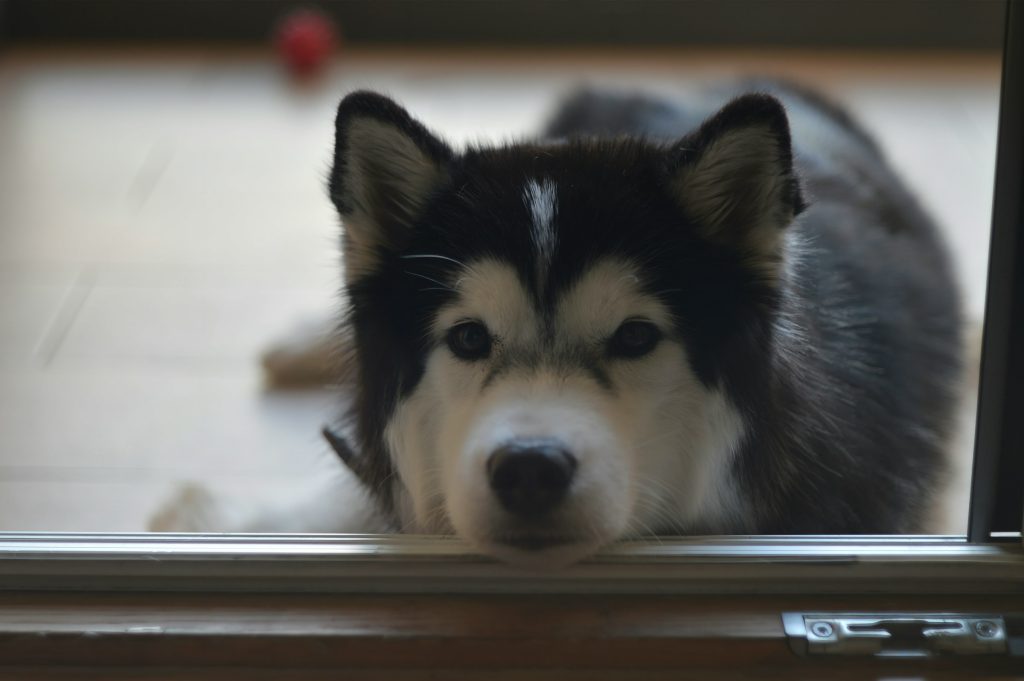
15 Must-Know Apartment Etiquette Tips for Pet Owners
Sharing walls, elevators, and common spaces means being extra mindful when you live with pets. Whether you're new to apartment living or just want to avoid complaints, these essential tips on apartment etiquette for pet owners will help keep your neighbors happy and your pet comfortable. From noise control to hallway manners, here's how to be a respectful — and still proud — pet parent.
1. Always Pick Up After Your Pet
It sounds basic, but not everyone does it. Whether in the lobby, courtyard, or sidewalk, clean up every mess right away. Leaving waste behind is one of the top complaints in pet-friendly buildings — and can lead to building-wide penalties.
2. Minimize Barking and Howling
Excessive barking can disturb neighbors — especially in thin-walled apartments. Use puzzle toys, white noise machines, and calming routines when you’re away to reduce noise. Consider training or consulting a behaviorist if barking persists.
3. Leash Up Before Leaving Your Unit
Even if your pet is well-trained, always leash up before stepping into the hallway. You never know if a neighbor has a fear of dogs or if another pet is coming around the corner. Respect for shared spaces is key to good apartment etiquette for pet owners.
4. Respect Elevator Protocol
If someone seems uncomfortable sharing the elevator with your pet, wait for the next one. Not everyone is a dog person, and allergies or anxiety are real concerns in close quarters.
5. Don’t Let Pets Roam Off-Leash Indoors
Hallways, laundry rooms, and lobbies should never be off-leash zones. It may feel harmless, but loose pets can cause accidents, damage, or conflicts with other residents and animals.
6. Clean Paws Before Coming In
Keep a mat and towel near the door to wipe muddy or wet paws. It helps keep hallways clean and protects your floors from damage too.
7. Mind Apartment Noise Rules
Avoid running, playing fetch, or tossing noisy toys late at night. Stick to soft toys or enrichment games during quiet hours. Remember, your downstairs neighbors hear more than you think.
8. Communicate with Neighbors Proactively
If you’re working on training, dealing with temporary barking, or bringing home a new pet, give your neighbors a heads-up. Most people are understanding when they feel informed — not blindsided.
9. Secure Balconies and Windows
Always supervise pets on balconies. Install netting or screens to prevent falls or escape. Cats especially are at risk from high-rise syndrome — a serious danger even from second-story windows.
10. Respect Breed or Size Restrictions
If your building has pet rules, follow them. Sneaking in a restricted breed or size can put your housing at risk — and strain relationships with management and neighbors alike.
11. Socialize Your Pet Gradually
Apartment dogs need exposure to elevators, stairs, other dogs, and city sounds. Start slowly, reward calm behavior, and never force a nervous pet into crowded spaces.
12. Avoid Strong Scents in Shared Areas
Spraying strong perfumes, air fresheners, or cleaning products near doors or hallways can trigger allergies in neighbors. Keep it light and localized inside your apartment.
13. Keep Common Areas Clean
If your dog tracks in dirt or leaves hair on a shared bench or hallway rug, take a minute to clean it. Small acts of consideration build big goodwill among neighbors.
14. Know How to Introduce Pets to Neighbors
Let your neighbors meet your pet on leash and at a calm moment — not during elevator chaos or zoomies in the lobby. First impressions matter. This guide can help you handle introductions like a pro.
15. Be a Responsible Pet Advocate
Follow building rules, address concerns quickly, and be courteous — it helps ensure that apartment buildings stay pet-friendly for everyone. If you’re looking for safety basics, this guide from AAHA is a good place to start.
Practicing good apartment etiquette for pet owners doesn’t take much — just awareness, kindness, and consistency. By being a thoughtful neighbor and a responsible pet parent, you help build a better community for everyone (including the non-pet people).
Frequently Asked Questions
What are the most common complaints about pets in apartments?
Noise (especially barking), odor, and waste left behind are the top issues. Following basic etiquette helps prevent these problems and maintain peace.
Can my landlord evict me for pet-related problems?
Yes — if your pet causes damage, repeated noise complaints, or safety issues, eviction is possible even in pet-friendly buildings.
How can I train my dog to be quiet while I’m gone?
Use enrichment toys, white noise, and desensitization training. You may also consider a certified trainer or behaviorist for separation anxiety.
Do apartment buildings allow all breeds and sizes?
Not always. Check your lease or HOA rules — some buildings have breed or weight restrictions, even in pet-friendly units.
Is apartment life suitable for big dogs?
Yes — with enough daily exercise, structure, and training, even large breeds can thrive in apartments.

Join the Busy Pet Parent Newsletter!
Get easy routines, time-saving tips, and the latest gear reviews—delivered straight to your inbox.
Perfect for busy pet owners, apartment dwellers, and anyone who wants a happy, healthy companion (without the stress).
Exclusive guides & checklists
Product recommendations & deals
No spam—unsubscribe anytime!




